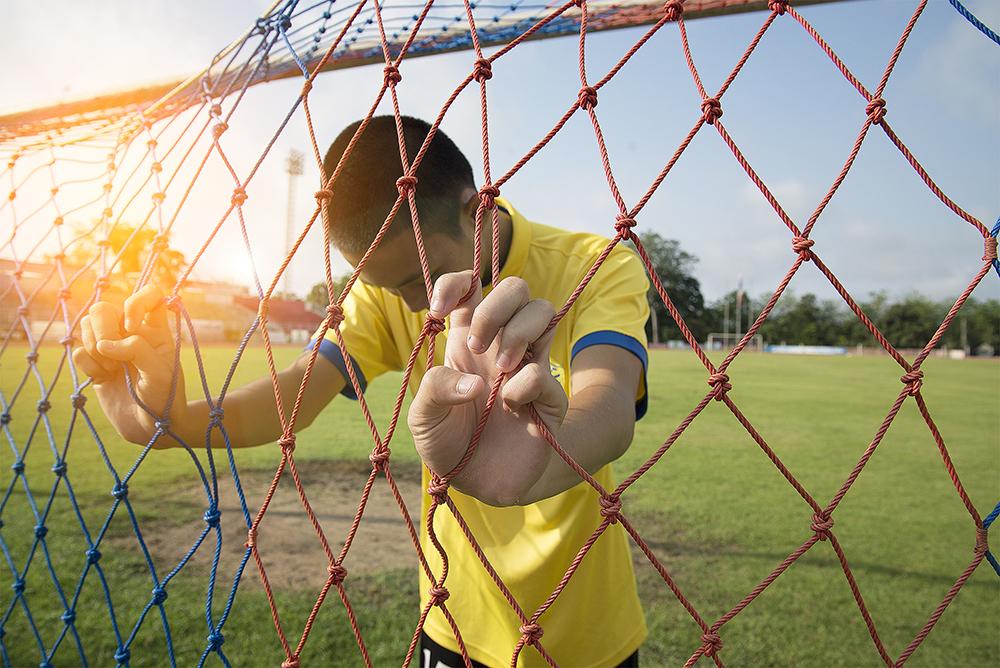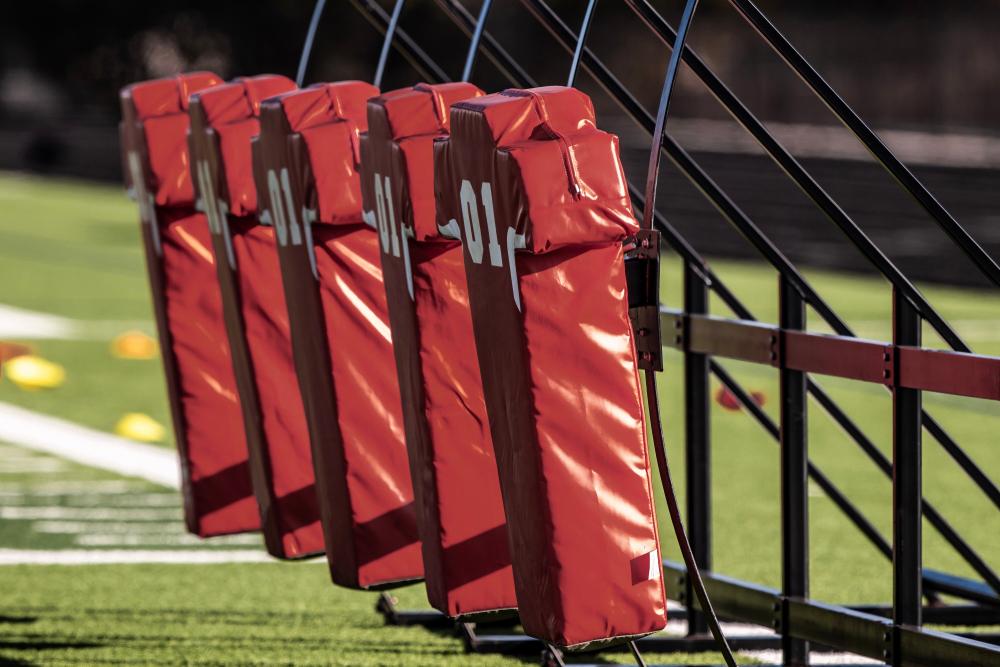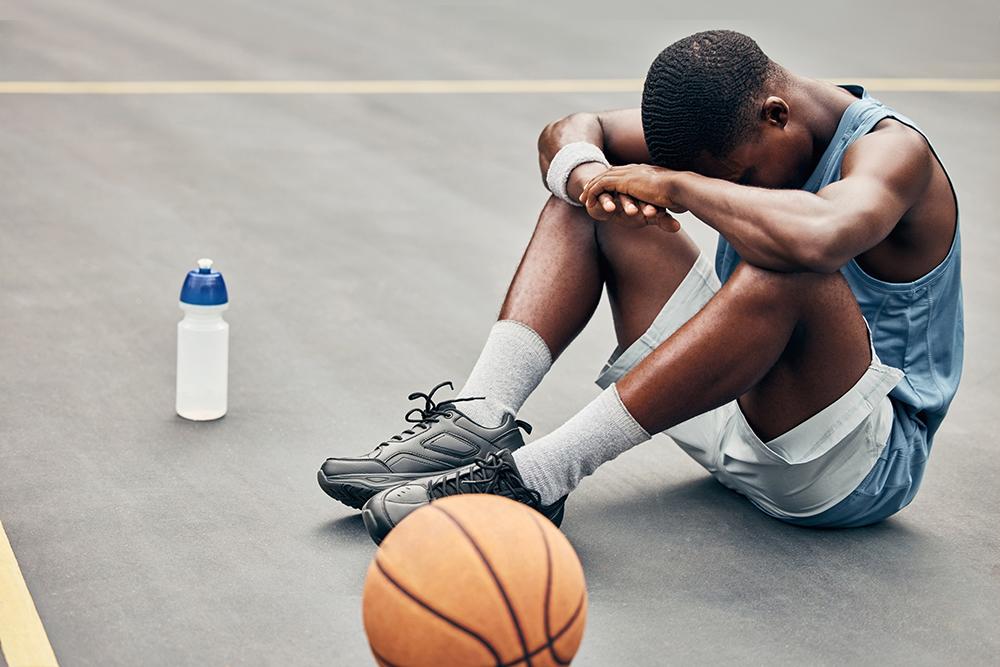 Game-day performance anxiety is common in athletes of any age, but the worst possible time to start tackling it is, unfortunately, on game day. Yet most coaches ignore the potential for pre-game jitters until the last minute, when a pep talk is the best anxiety-reducer that they can provide.
Game-day performance anxiety is common in athletes of any age, but the worst possible time to start tackling it is, unfortunately, on game day. Yet most coaches ignore the potential for pre-game jitters until the last minute, when a pep talk is the best anxiety-reducer that they can provide.
But with a few shifts in your coaching throughout the season, you can help foster a team that’s as mentally prepared for game day as they are physically prepared. Specializing in sports-based anxiety, TrueSport Expert Kevin Chapman, PhD, clinical psychologist and founder of The Kentucky Center for Anxiety and Related Disorders, breaks down how you can best support your team.
Set expectations for competition that are process-oriented
According to Chapman, process-oriented goals give kids tangible things to focus on that they can control in a game. The more in-control your athlete feels, the calmer they will be.
“The reason outcome occurs is because certain athletes follow a process,” says Chapman. “To reduce anxiety and realize success, we can focus on processes like positive self-talk, game day tactics or strategies, mechanics or techniques, imagery and visualization, getting better, and having a learning mentality. When athletes focus on learning those things and perfecting them out of the love of the game, there’s always a successful outcome regardless of how bad or awesome an athlete plays.”
Watch your language around competition
Often, parents and coaches accidentally play into competition nerves. Telling your athletes that they are ‘absolutely going to wipe the field with the competition,’ screaming at competitors, and generally focusing on the score rather improvement is going to show athletes that winning matters most and everything else is a cause for distress.
Statements like “This is the big game,” or “This play could make or break the season,” are also likely to add to an athlete’s anxiety.
Help your athletes create rituals
To calm their nerves and focus on process, encourage athletes to create their own ‘down to business’ routines. That could mean creating a certain mantra, finding a lucky ‘talisman,’ or developing a ‘secret routine.’
“Most pro athletes have some kind of ritual, talisman, or secret pre-game routine that they do, and that’s how they get into that game-day state,” says Chapman. “I think we really should be letting kids figure out what their secret routine is. What is going to help them feel focused and in the zone?”
Encourage your athletes to come up with their own rituals and stick to them on game day. For younger athletes, helping them write a mantra or practice visualization might work best.
Make practice like game day
If you can make some practices more like game days, then game days will feel more like practices, Chapman says. In more severe cases of performance anxiety or in higher-level sports, he actually will have hecklers in the stands during practice.
That may be extreme for a school or youth team, but as a coach, you can set up some practices to be like timed or scored competitions. Make it as realistic as possible: Set aside pre-game time for the usual pep talks and the time spent waiting for the game to start, have athletes do their own pre-game rituals, set up start and finish lines, put out the same food and drink you would normally have available on the sidelines, and even encourage athletes to wear their uniforms.
Takeaway
Game-day performances often look different from practice performances due to anxiety, which means that athletes need to focus on their mental preparedness as much as their physical preparedness. These strategies will get athletes mentally prepared and ready to manage anxiety to perform at their best on game day.



